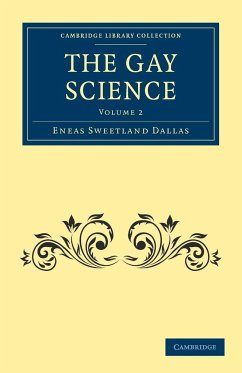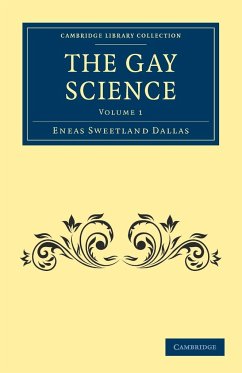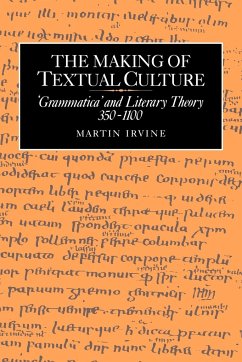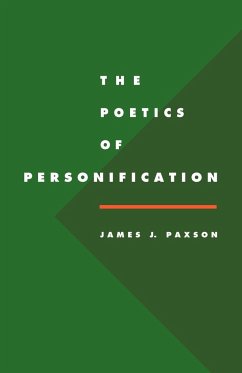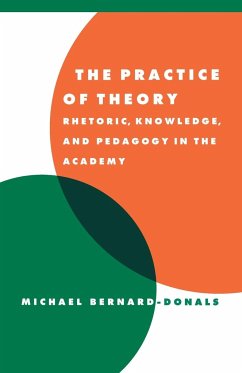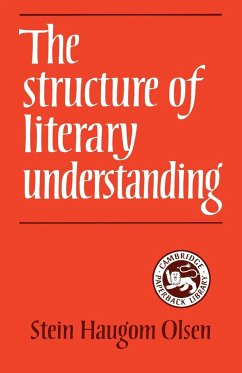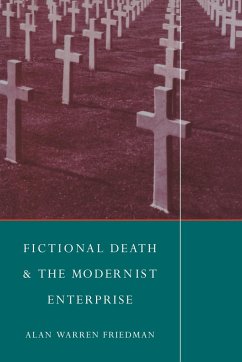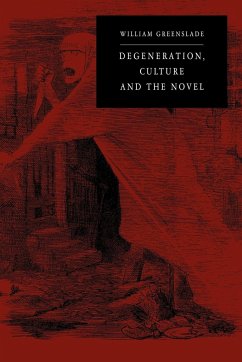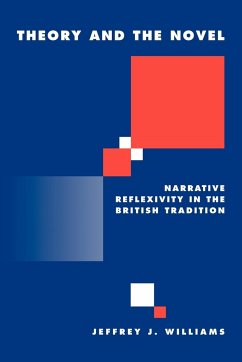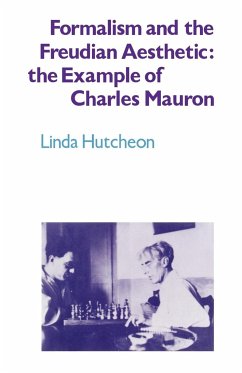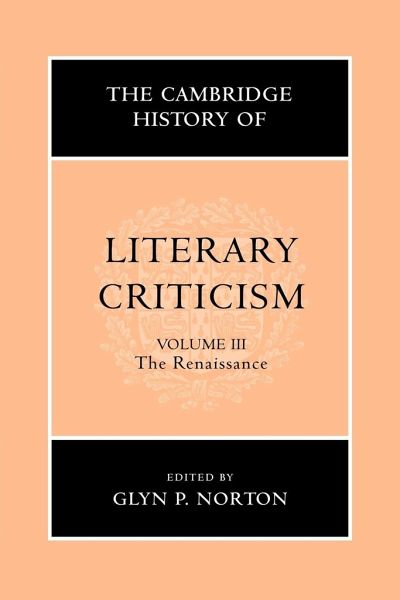
The Renaissance
Versandkostenfrei!
Versandfertig in 1-2 Wochen
70,99 €
inkl. MwSt.

PAYBACK Punkte
35 °P sammeln!
This 1999 volume was the first to explore as part of an unbroken continuum the critical legacy both of the humanist rediscovery of ancient learning and of its neoclassical reformulation. Focused on what is arguably the most complex phase in the transmission of the Western literary-critical heritage, the book encompasses those issues that helped shape the way European writers thought about literature from the late Middle Ages to the late seventeenth century. These issues touched almost every facet of Western intellectual endeavour, as well as the historical, cultural, social, scientific, and te...
This 1999 volume was the first to explore as part of an unbroken continuum the critical legacy both of the humanist rediscovery of ancient learning and of its neoclassical reformulation. Focused on what is arguably the most complex phase in the transmission of the Western literary-critical heritage, the book encompasses those issues that helped shape the way European writers thought about literature from the late Middle Ages to the late seventeenth century. These issues touched almost every facet of Western intellectual endeavour, as well as the historical, cultural, social, scientific, and technological contexts in which that activity evolved. From the interpretative reassessment of the major ancient poetic texts, this volume addresses the emergence of the literary critic in Europe by exploring poetics, prose fiction, contexts of criticism, neoclassicism, and national developments. Sixty-one chapters by internationally respected scholars are supported by an introduction, detailed bibliographies for further investigation and a full index.





